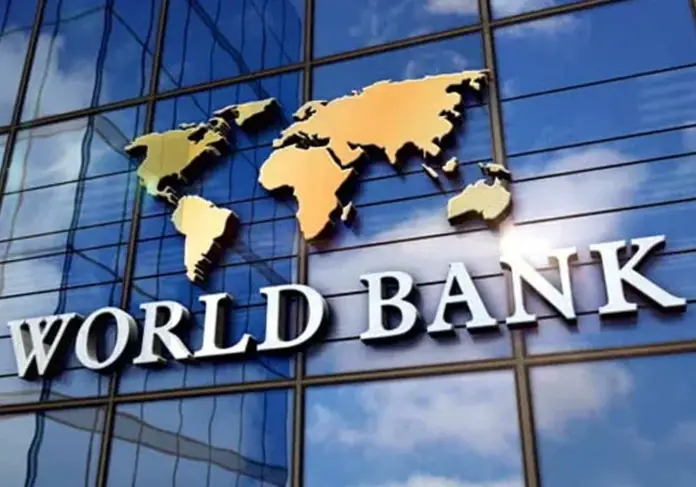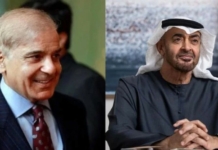The World Bank (WB) has said that despite extreme financial constraints, the central government continues to spend more than Rs710 billion annually by maintaining 17 devolved departments and funding development initiatives in regions belonging to the provinces.
Along with keeping many Center projects underfunded, the massive expenditure is causing the public debt to rise. Prior to the decentralization, the federal government spent 0.39 percent of the GDP on the 17 departments that the 18th Amendment to the Constitution later transferred to the provinces.
A duplication of expenses is now occurring as a result of the PPP Government’s and its succeeding ones’ decision to restart all those departments after a period of time.
A senior economist with the World Bank Derek Chen has said that spending on these 17 departments has grown to 0.59 percent of the GDP, or Rs328 billion annually, as of the most recent fiscal year.
Derek said that the initiatives that came under the purview of the provinces received Rs315 billion, or half of the central Public Sector Development Programme (PSDP). The Higher Education Commission receives an additional Rs70 billion each year.
During the first eight months of the current fiscal year, the federal government alone spent Rs3.179 trillion on debt payments, which was Rs17 billion more than its total revenue. This indicates that the Centre is now paying for all costs, including the more than Rs710 billion it spends yearly on state issues, by taking out more debts.
Currently, the poorest class receives 28% of the subsidies, while the wealthiest individuals only get 4.9%.
The World Bank emphasized that Pakistan had limited room to reduce spending because 70 percent of it was fixed and went towards paying workers, benefits, running costs, and interest. Without broader changes, such as the removal of untargeted subsidies, there is not much space to cut rigid costs.
The World Bank has also pointed the finger at wealthy organizations receiving sales tax breaks at the expense of compliant citizens.
According to the World Bank, the collection capacity would increase to 6.53 percent of GDP if the Rs5 million GST register barrier were eliminated.







